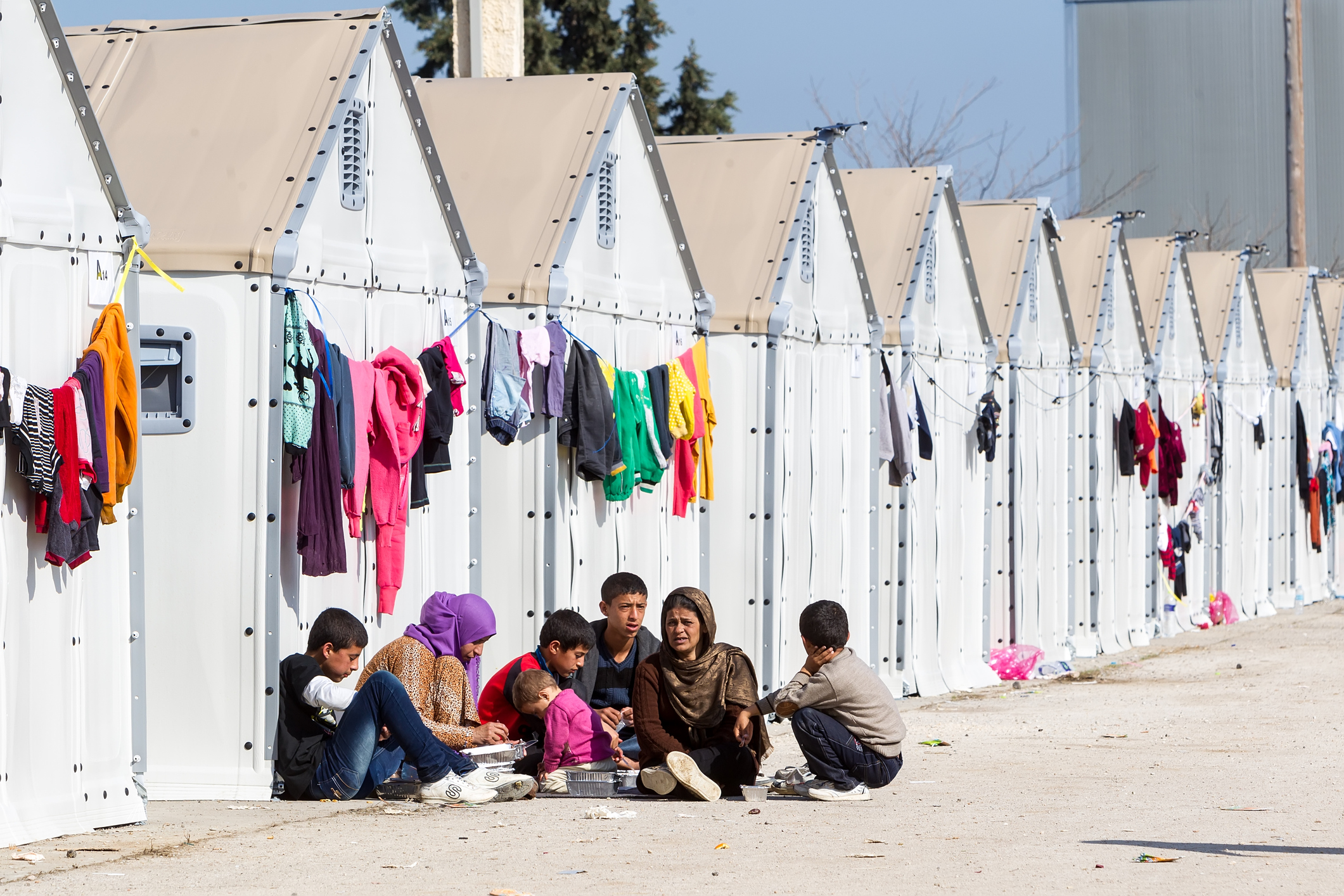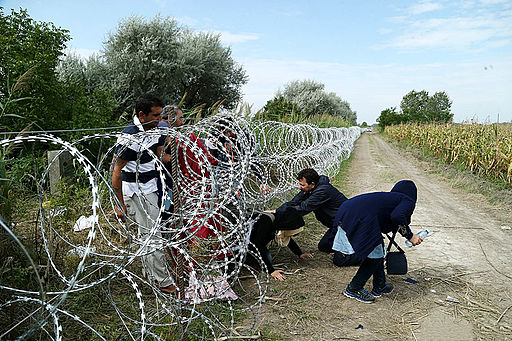Latest blog articles
-
Asylum cases are characterized by a general lack of documental evidence to support the applicant’s identity, origin, and persecution story. As such, in deciding on a claim, government officials typically have to rely on the applicant’s own testimony and general information about the country of...
-
A law and economics analysis of corporate sustainable theories and practices. PhD thesis by Mengxing Lu.
-
On 6 June, IGIR fellow Dr. Iveta Alexovičová, Assistant Professor of International Economic Law, Faculty of Law, Maastricht University, delivered a lecture entilted "Substance alongside procedure - a lesson learned?".
-
“The fact that there is a maximum number of hours in a week that you are allowed to work, that web shops are compelled to provide you with the option to return your purchase within seven days, that our tap water must meet certain requirements. This all sounds very Dutch, but it is in fact European...
-
The increased flow of asylum applicants and migrants to the EU in recent years has not only put considerable pressure on the reception systems of Member States, but at the same time raises challenges regarding the integration of newcomers at the national and local level.
-
How would a world look like in which judicial decisions would not be taken by judges, but by intelligent machines? Or where, at least, those machines would serve as a crucial decision support for judges – or perhaps even simply law clerks – to take judicial decision?
-
Anyone who thinks that all asylum seekers who are granted a residence permit in the Netherlands stay here forever, is wrong.
-
The ECtHR’s Satamedia judgment juxtaposes issues of data protection and freedom of expression relating to the (re-)publication of public tax data.
-
The world faces the growing problem of global warming. This phenomenon leads to unprecedented social effects in human history. Consequently, it is imperative to mitigate this problem. International Organizations and countries are working together in order to better deal with this issue.
-
From illegal but legitimate to legal because it is legitimate? This post argues that, analogous to the concept of defences in municipal legal systems, international law on the use of force should adopt a systematic distinction between justifications and excuses.









